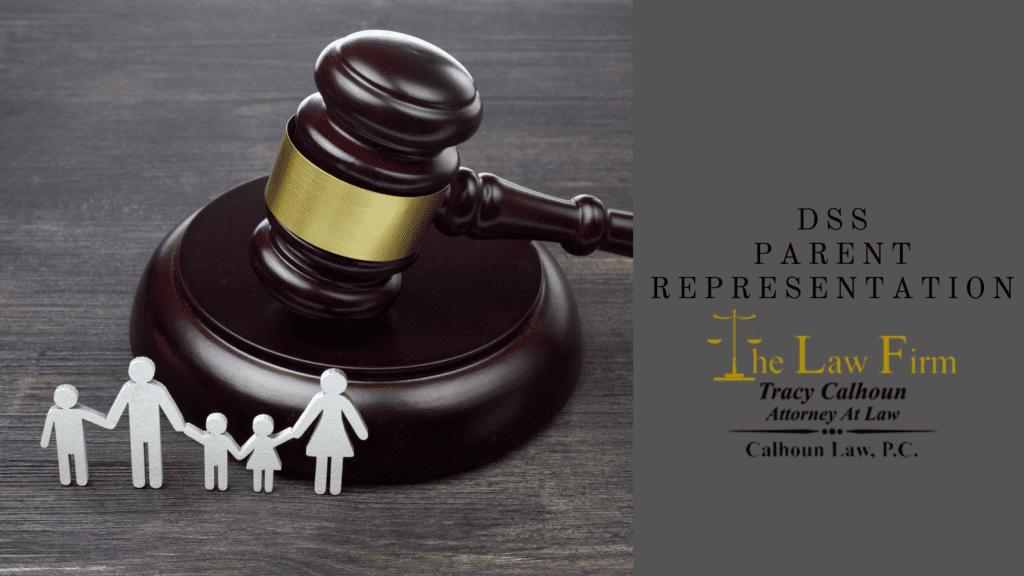Several important laws went into effect on December 1, 2025, impacting public safety, criminal procedures, schools, traffic rules, and more. At Calhoun Law, P.C., we want our community to understand how these changes may affect daily life — and your legal rights.
Here’s a clear, practical breakdown of what these laws now mean for individuals and families across North Carolina.







